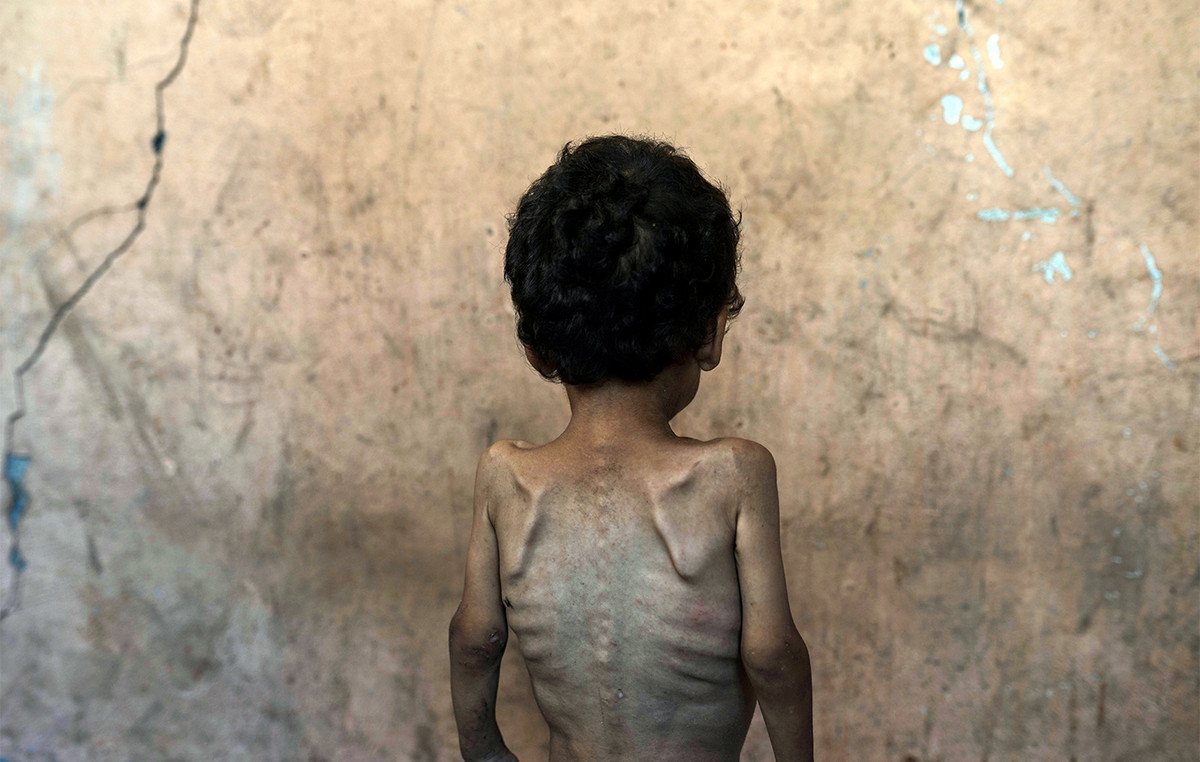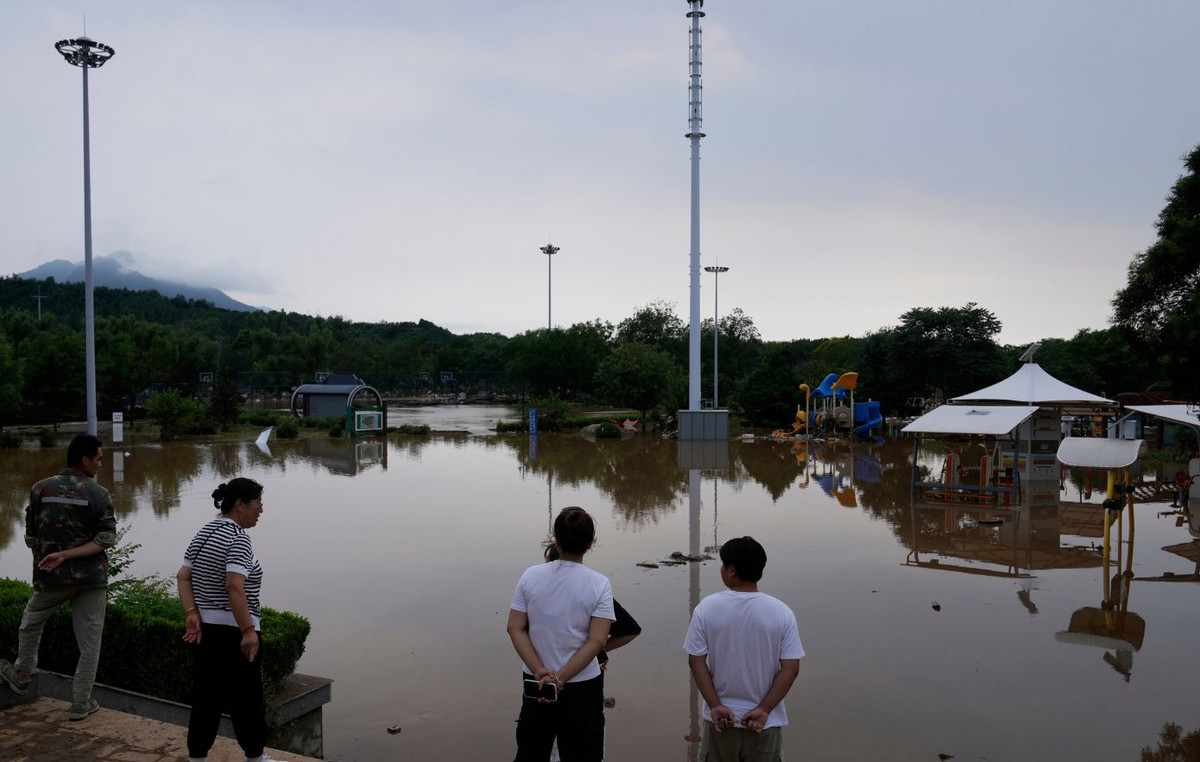Khulood Khaled was woken up by the sound of Israeli air strikes as she slept next to her son last week. Black smoke filled the room, making it difficult for her to breathe. She felt a sense of panic, followed by pain in her abdomen. She thought she was going into premature labor.
Eight months pregnant and worried about her unborn child, the 28-year-old decided to leave her home in the al-Karama district, in the north of the Gaza Strip, while the bombings continued.
“We saw houses falling down as we drove, thinking we could die at any minute,” she told CNN . On the way, she saw refugees being hit by Israeli jets “just meters away”. She hugged her son “so we could die together”.
Khulood eventually made it to the southern city of Khan Younis, but now survives on “a piece of dry bread” as the territory faces a food shortage and has no electricity or running water. “I don’t know if the bread will be available tomorrow,” she said.
Around 50,000 women in Gaza are pregnant, 10% of whom are expected to give birth next month, according to the United Nations Population Fund (UNFPA).
These women face a “double nightmare” after a “horrible week” of Israeli airstrikes, Dominic Allen, UNFPA representative for the State of Palestine, told CNN on Sunday (15).
Gaza residents have faced Israeli airstrikes in several rounds of conflict in recent years. But this time it’s different. Israel has promised “mighty revenge” after Hamas militants who control the territory launched an attack on October 7, killing 1,400 people in Israel.
Between October 7 and 12, Israel dropped 6,000 bombs on the enclave – which is equivalent to the total number of airstrikes on Gaza during the entire 2014 Gaza-Israel conflict, which lasted 50 days. And now it appears to be preparing for a ground operation in the enclave.
Israel also imposed what it calls a “total siege” on the territory, blocking the supply of water, electricity, goods and fuel. Human rights organizations condemned the measure as “collective punishment” and “a war crime”. Locals say Khan Younis is still the target of Israeli attacks.
Source: CNN Brasil
Bruce Belcher is a seasoned author with over 5 years of experience in world news. He writes for online news websites and provides in-depth analysis on the world stock market. Bruce is known for his insightful perspectives and commitment to keeping the public informed.







